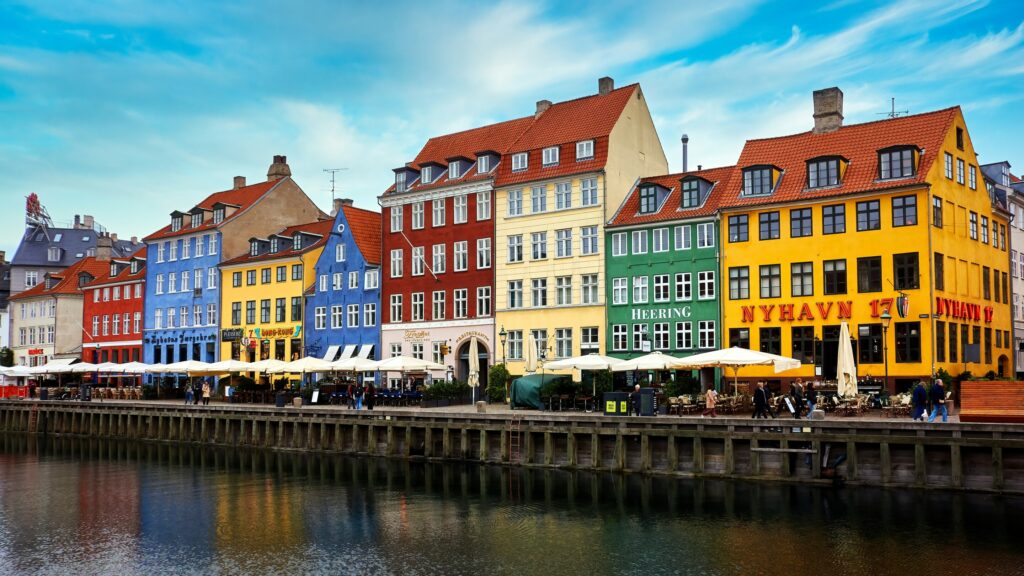Future European Union housing policy must address the dual challenges of providing adequate housing for all while drastically reducing resource use. Voluntary reductions in living space could significantly contribute to these goals.
The EU should promote the construction of smaller apartments in attractive neighborhoods and enable more flexible use of existing housing stock, according to a study published in Buildings & Cities by the Research Institute for Sustainability—Helmholtz Center Potsdam (RIFS).
“Construction and energy use in housing are major contributors to climate change. Reducing per capita living space would reduce greenhouse gas emissions, particularly from heating,” explains RIFS Director Doris Fuchs, co-author of the study.
The study examined the acceptance, motivation, and anticipated effects of voluntary reduction in living space in five EU countries: Germany, Latvia, Sweden, Spain, and Hungary. This research was part of the EU 1.5° Lifestyles consortium, coordinated by RIFS.
Few Citizens Willing to Voluntarily Downsize Living Space
In Europe, the average per capita living space increased by 16% between 2000 and 2018. However, there are significant differences between countries: Latvia’s average per capita living space is 29.6 square meters, while Sweden’s is 48.7 square meters.
Respondents in all countries expressed concerns about downsizing their living space, particularly regarding the loss of personal freedom and privacy, and described housing markets as challenging. Property owners often view their homes as long-term investments reflecting social status, says first author Matthias Lehner (Lund University).
In Spain, 42% of workshop participants were willing to reduce their living space, while in Hungary, only 15% were inclined to downsize. Communal living arrangements were even less popular across all countries studied, with Hungarian participants citing negative experiences during the Soviet era.
Enabling Environments Could Encourage Compact Living
Despite the challenges, European citizens might embrace smaller living spaces under the right conditions. Many participants preferred centrally-located apartments in green, friendly, and safe neighborhoods with access to services and leisure facilities, coupled with communal amenities and public spaces to enhance their quality of life, Fuchs explains.
If the EU aims to promote reduced per capita living space, it should encourage the construction of smaller apartments in high-quality neighborhoods. Measures to use existing housing stock more efficiently could include dividing or merging apartments for different household sizes, promoting shared apartments, and improving sustainability through renovations.
Appropriate legislation and economic incentives for construction and planning are necessary. The study also emphasizes the importance of “soft values” in building a good community, recommending that politicians support initiatives fostering social cohesion and inclusion.
Original Story at phys.org
